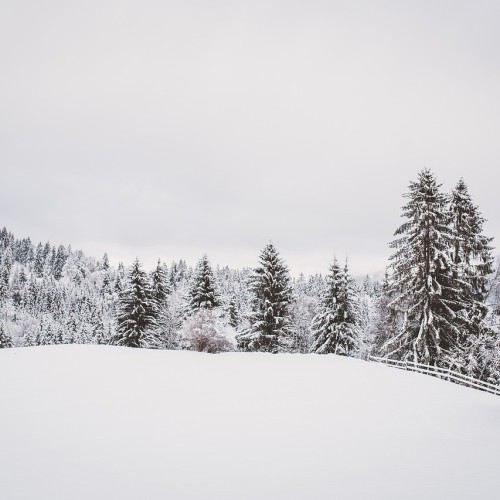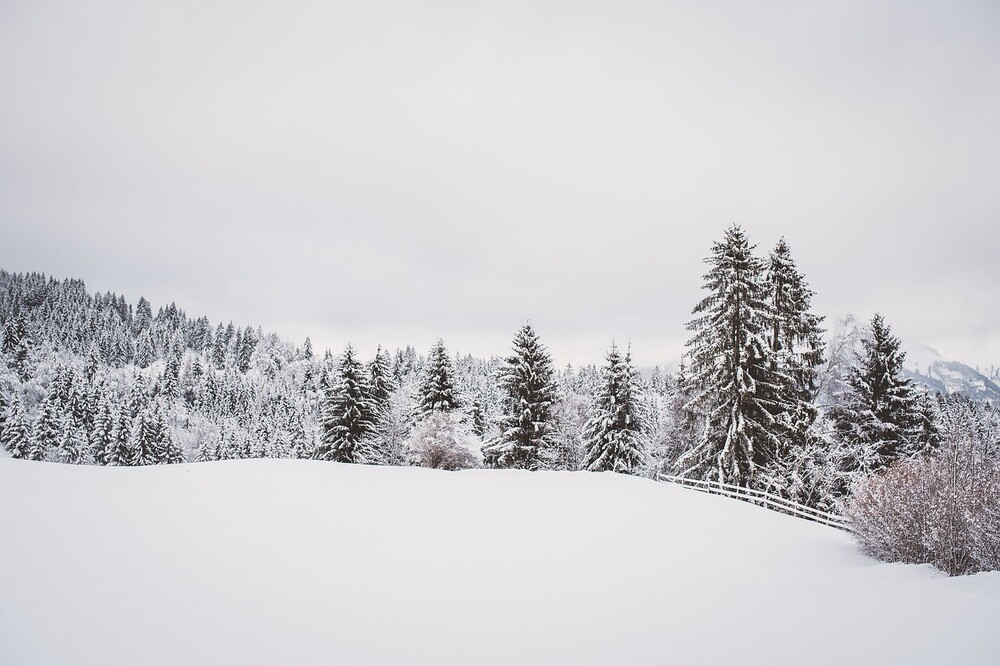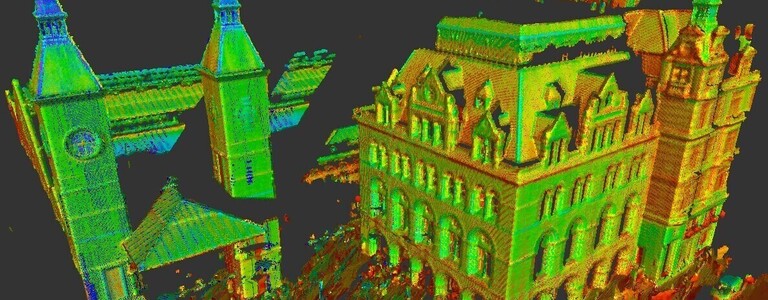What impact do seasonal changes have on surveying accuracy?

posted 8th November 2024

There are numerous factors that play a role in transforming construction projects from a development phase into a complete building. Survey completion, site design, local planning permission, and more, all present challenges to property owners throughout the UK. Weather can play a major role in land surveying, along with construction schedules, just one of the many challenges that are faced when it comes to designing a new property or renovating an existing one.
Weather Impacts
If you live in an area that is mostly sunny and warm, surveying and construction can go head with minimal impact. Yes, you will have the odd thunderstorm now and then, but these are temporary delays, often only lasting a day. If you live in the UK, on the other hand, we have weather than changes from one day to the next. Winter can inhibit land surveying and construction. But how do seasonal changes impact surveying accuracy?
Snow
Surveying, even with the latest advancements in technology, can be a time-consuming process, based on the size of the plot of land and the detail required in the survey. Add snow to the mix, and the surveying process just got a lot harder. Snow can result in:
- Making it harder to identify contours on developed and undeveloped plots
- Locating existing pavement edges
- Finding utilities, including manholes
Ice
In areas that are prone to ice, different problems can result for land surveying. While the ice doesn't pile up like snow does, it does present its own difficulties with the surveying process. Thick ice doesn't break easily, making it harder to get accurate ground elevation details. It can also make it harder to locate pavement edgeways, roadways, and walkways. Surveyors have to break the ice to reach the limits of the survey, taking extra time, and costing more money.
Seasonal Changes and Surveying
Land surveying and construction projects are year round activities, even though they present seasonal challenges:
Spring
Spring is a relief for surveyors, taking them away from the winter challenges, offering improved ground conditions, making it easier to locate structures. Spring can still be very wet, which can result in washout days, where the surveyor may have to reschedule their on-site visit.
Summer
Summer is the best time for surveying and construction. The sun and heat can be a bit of a problem for surveyors. Our surveyors know the importance of staying hydrated when working on land sites. As with any summer season in the UK, there are still risks of wet days, which may hamper the surveyors ability, resulting in them having to reschedule your on-site survey, or the survey may take a bit longer as they wait for the rain to ease. The good news is this will have no impact on the survey accuracy.
Autumn
Cooler weather moves in during the autumn months, making it an ideal time for surveying. Autumn doesn't tend to have negative impacts on surveying accuracy.
Winter
British winters can be brutal, it can change from sleet and rain to snow, to simply icy weather. Accurate surveying becomes a challenge with substantial snowfall.
With careful planning, our team of expert surveyors can plan ahead to reduce the risk of surveying delays. Using state of the art and advanced technologies, we are able to provide surveys throughout the year. Leveraging the latest technologies we ensure all surveys are accurate and precise.
Conclusion
Seasonal changes do impact land surveying, but with the right technology at hand we are able to provide accurate surveys throughout the year, helping you with the design, planning, and build of your new property, or the renovation of your existing property. Do you need a survey in the UK? Get in touch with MB Survey Solutions and let us help you secure the accurate information you need to streamline your construction process.













